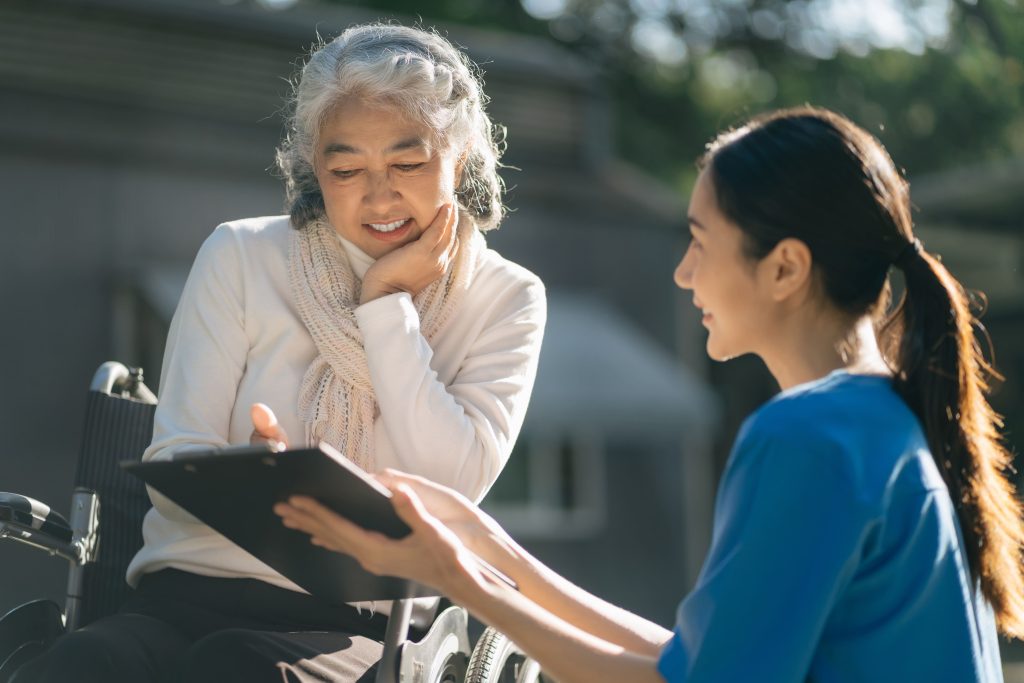
KindlyMD's commitment to comprehensive care motivates us to offer mental health services from licensed therapists. Our therapists work with patients who need help with conditions ranging from anxiety to depression and PTSD. But there are times when therapy alone is not enough. At those times, therapist and patient can consider adding alternative medicines to the treatment plan.
Alternative medicines are not considered traditional treatments for the condition a therapist is addressing. Oftentimes, they involve getting a Utah Med Card that gives a patient access to plant-based medicines. Our commitment to providing comprehensive care means that we want our patients to have as many treatment options as possible.
It is important to make the point that a patient doesn't have to be struggling with a major issue to benefit from therapy and alternative medicines. Yes, some of our patients are struggling with the very real consequences of PTSD. But others are experiencing relationship stress or difficulty with parenting.
Believe it or not, just about everyone could benefit from a little bit of therapy. We live in a highly stressful world that can be overwhelming at times. A few sessions of therapy could be just what a person needs to get back on track. All of that notwithstanding, adding alternative medicines to a treatment plan can make all the difference in the world for some patients.
One of the more common therapy treatments for PTSD is something known as cognitive behavioral therapy (CBT). CBT is a talking therapy that focuses heavily on the relationship between thoughts, feelings, and behaviors. Therapist and patient work together to understand why the patient thinks and feels the way he does. Then they draw correlations between those thoughts and feelings and the patient's behavior.
Ultimately, the goal is to introduce new ways of thinking that positively impact feelings and behaviors. And yet, PTSD is known for symptoms capable of affecting patients physically. When physical symptoms cannot be overcome with CBT alone, alternative medicines are another option.
Alternative medicines might be offered to relieve anxiety and the physical symptoms that come with it. Likewise for PTSD-related depression. If a plant-based medicine can reduce a patient's anxiety, other PTSD symptoms could be alleviated as well.
Some PTSD patients experience recurring flashbacks along with nightmares and insomnia. Unfortunately, frequent episodes can set up a recurring cycle that is hard to break. For example, a PTSD patient may have trouble sleeping due to nightmares. But the less sleep she gets, the more likely she is to experience additional nightmares along with the anxiety they produce. In turn, they affect her sleep even more.
Alternative medicines secured with a Utah Med Card can help break the cycle. They can help reduce anxiety and improve a patient's sleep. And with eight hours of quality sleep every night, PTSD symptoms are more likely to diminish.
PTSD is just one condition that could be treated with a combination of therapy and alternative medicines. Rather than dismissing the possibilities, we encourage you to at least talk about it with a trained therapist. KindlyMD therapists are ready and waiting to help.
When therapy isn't enough to help patients overcome their mental health challenges, care can often be enhanced with alternative medicines. Given that we focus on comprehensive care, we would be remiss by not considering those alternative meds.